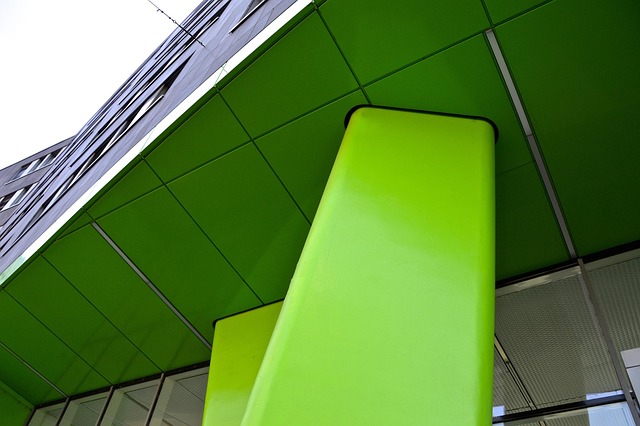Shelterwood Academy, a historic residential treatment center in the Pacific Northwest serving at-risk youth for over 50 years, has evolved programs to address emerging social issues. Its legal frameworks protect victims' rights and offer strict regulations for educational institutions. Victims have legal avenues for justice, including dignity, privacy, and fairness. Effective advocacy demands a comprehensive strategy with relationship-building, safe spaces, active listening, confidentiality, access to documentation, system navigation, and emotional support.
“Uncovering Justice: Legal Advocacy for Shelterwood Academy Victims explores the complex journey of healing and redress for those affected by the controversial Shelterwood Academy. This article delves into the historical context of this institution, shedding light on its practices and the resulting legal frameworks designed to protect vulnerable individuals.
We examine strategies for effective advocacy, emphasizing the importance of support services in empowering survivors. By understanding the past and current legal protections, we aim to facilitate a path towards justice and closure for Shelterwood Academy victims.”
- Understanding Shelterwood Academy and Its Historical Context
- Legal Frameworks: Rights and Protections for Victims
- Strategies for Effective Advocacy and Support Services
Understanding Shelterwood Academy and Its Historical Context

Shelterwood Academy, often referred to as Shelterwood, is a historic residential treatment center located in the Pacific Northwest region of the United States. Established over half a century ago, this institution has played a significant role in providing care and support for youth facing various challenges, particularly those involved in the child welfare system. Its origins can be traced back to a need identified within the local community to offer alternative housing and therapeutic interventions for at-risk adolescents.
The Academy’s historical context is deeply rooted in the region’s social and cultural landscape. Over time, Shelterwood has evolved its programs and services to address emerging issues faced by youth, reflecting changes in societal norms and legal frameworks surrounding child protection. This adaptability has positioned Shelterwood as a leading advocate for its young residents, ensuring they receive comprehensive legal support and guidance to navigate their rights and opportunities.
Legal Frameworks: Rights and Protections for Victims

The legal frameworks surrounding Shelterwood Academy and its operations are crucial in safeguarding the rights of victims. In many jurisdictions, educational institutions like Shelterwood are subject to strict laws and regulations that protect students from harm and abuse. These legal protections extend to physical, emotional, and psychological safety within the campus environment.
Victims of any form of misconduct or neglect at Shelterwood Academy have legal avenues to seek justice and redress. Understanding their rights under these frameworks is essential for victims to navigate the system effectively. This includes the right to be treated with dignity, privacy, and fairness during investigations and legal proceedings related to their experiences at the academy.
Strategies for Effective Advocacy and Support Services

Effective legal advocacy for victims of Shelterwood Academy requires a multi-faceted approach. Firstly, building strong relationships with the victims is crucial. This involves creating a safe and supportive environment where individuals feel comfortable sharing their experiences and expressing their needs. Counsellors and advocates must actively listen, empathize, and ensure confidentiality to foster trust.
Support services play a vital role in this process. These include providing access to legal documentation and guidance, assisting with navigating complex systems, and offering emotional support. Tailoring these strategies to the unique needs of Shelterwood Academy victims can help empower them to seek justice and healing.
Shelterwood Academy, with its complex history, underscores the need for robust legal advocacy to ensure justice and support for victims. Understanding the unique challenges faced by those associated with the institution is crucial. By navigating the appropriate legal frameworks, advocates can help bring about positive change and foster a healing environment for those affected by Shelterwood’s legacy. This holistic approach, combining awareness with effective strategies, is essential in providing much-needed assistance to Shelterwood Academy victims.
